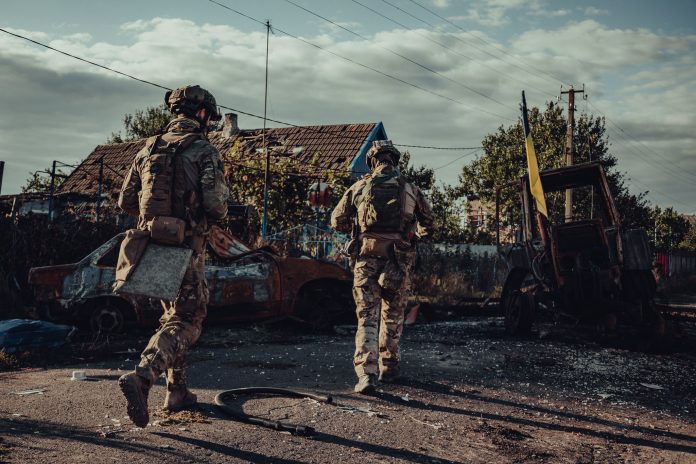The new commander of the 72nd Separate Mechanized Brigade named after Black Zaporozhians Alexander Okhrimenko headed part in one of the most difficult periods of its combat activity. He said that after September 27, the brigade was in an extremely intense environment, especially on flanks, which significantly complicated the maintenance of the carbon.
"In fact, it was a tactical environment. Evacuation, replenishment of ammunition and the approach of reserves became almost impossible," Okhrimenko said in an interview for Glavcom. According to him, on September 27-28, Russian troops had already actively influenced Ukrainian positions by fire, using even large caliber weapons.
Okhrimenko acknowledged that with the forces and means that were at his disposal, the maintenance of the coal was impossible. "The situation in the south of the Donbass has changed by the end of September in such a way that the city's maintenance lost its strategic importance," he added.
The Kombrig explained that after the analysis of the situation, including the enemy's forces, it became clear that the advantage of the enemy was significant. Russian troops included the 36th and 39th Motorized Rifle Brigades, the 57th Brigade, the 91st Separate Rifle Regiment and other units. The advantage was obvious not only in personnel, but also in tanks, artillery and anti -tank means.
"If we evaluate the combat potentials in general, the ratio of strength was 1: 9 in favor of the enemy," Kombrig said. According to military theories, a 1: 3 ratio already gives the enemy an advantage, so the situation under the comedal was extremely difficult.
In addition, Ukrainian servicemen note that in the area of the bugs, the Russians had an advantage of 10 to 1 in artillery systems. This was made possible by the proximity of the Donbass to the western part of Russia, which allowed Moscow to quickly transfer troops and ammunition to the front line.
In general, the defense of the coal in the face of such an advantage of the enemy was extremely difficult, and Kombrig Okhrimenko openly recognizes that it was impossible to keep the city.


